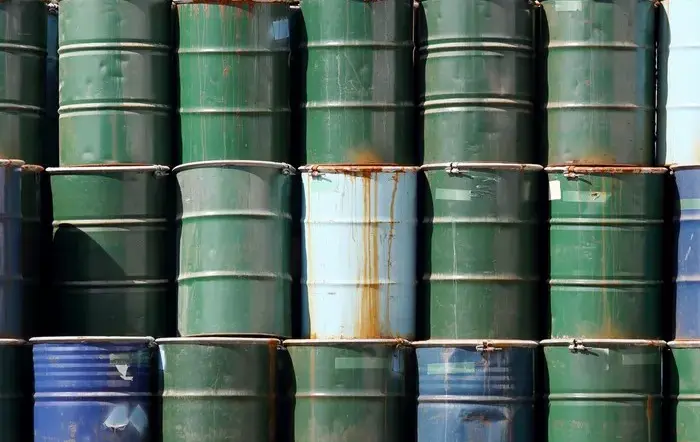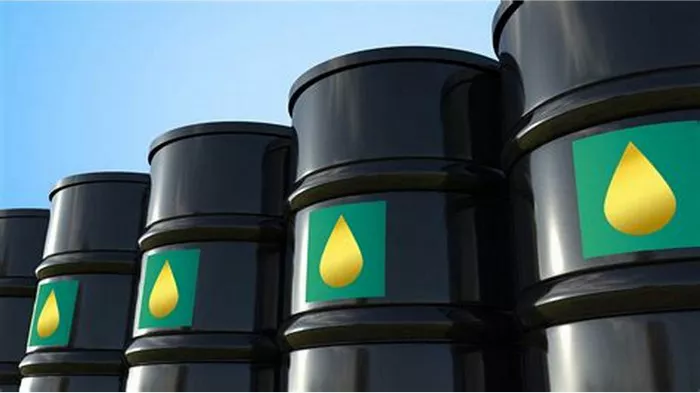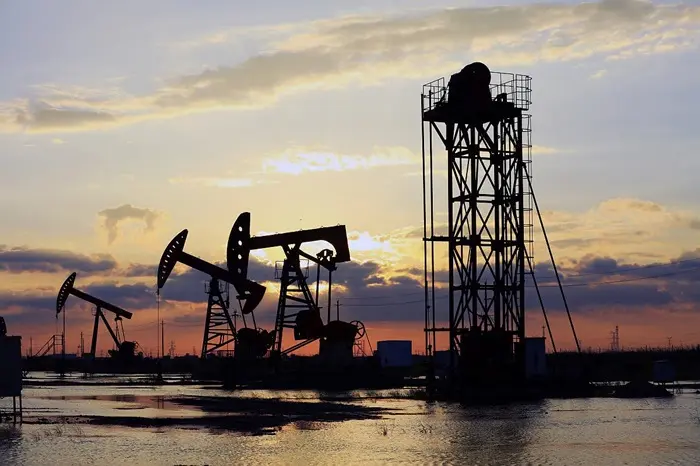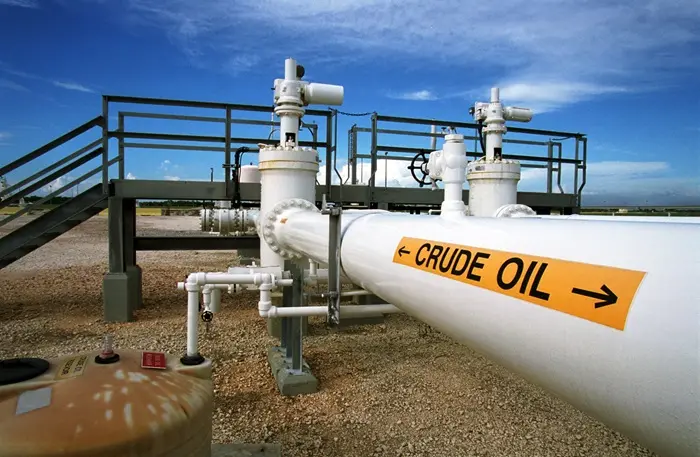Canada is one of the world’s leading producers of crude oil, particularly from its vast oil sands reserves in Alberta. While this industry contributes significantly to the national economy, it also poses substantial environmental challenges. This article explores 6 major environmental problems caused by Canadian crude oil mining, shedding light on the ecological impact of this industry.
1. Greenhouse Gas Emissions
High Carbon Footprint
The extraction and processing of crude oil from Canada’s oil sands are highly energy-intensive. This process emits a large amount of greenhouse gases (GHGs), contributing to climate change. The carbon footprint of oil sands production is significantly higher compared to conventional crude oil extraction.
Impact on Global Warming
The release of carbon dioxide and other GHGs into the atmosphere from oil sands operations accelerates global warming. This exacerbates climate change, leading to extreme weather events, melting ice caps, and rising sea levels.
2. Water Pollution
Contaminated Water Sources
Oil sands mining requires vast amounts of water for the extraction process. This results in large quantities of contaminated wastewater. The water is often stored in tailings ponds, which can leak and contaminate nearby rivers, lakes, and groundwater sources.
Harm to Aquatic Life
The pollutants in the wastewater, including heavy metals and toxic chemicals, pose a severe threat to aquatic ecosystems. These contaminants can harm fish and other aquatic species, disrupting the natural balance and biodiversity of these habitats.
See Also: 7 Reasons Why Crude Oil Needs to be Refined
3. Deforestation and Land Degradation
Loss of Boreal Forests
Large-scale oil sands mining involves clearing extensive areas of boreal forests. This deforestation leads to the loss of habitat for numerous wildlife species, reducing biodiversity and altering the natural landscape.
Soil Erosion and Degradation
The removal of vegetation for mining operations causes soil erosion and degradation. This makes the land less fertile and less capable of supporting plant and animal life. The disruption of soil also contributes to the release of stored carbon, further increasing GHG emissions.
4. Air Pollution
Release of Harmful Pollutants
The extraction and processing of crude oil release various harmful pollutants into the air. These include sulfur dioxide, nitrogen oxides, and volatile organic compounds, which contribute to air quality deterioration and pose health risks to humans and wildlife.
Impact on Human Health
Air pollution from oil sands operations can lead to respiratory problems, cardiovascular diseases, and other health issues for nearby communities. The fine particulate matter and toxic gases emitted during the extraction process are particularly harmful to vulnerable populations.
5. Impact on Indigenous Communities
Displacement and Loss of Livelihoods
Oil sands development often encroaches on Indigenous lands, leading to the displacement of communities and the loss of traditional livelihoods. The disruption of hunting, fishing, and gathering activities affects the cultural and social fabric of these communities.
Health and Social Impacts
Indigenous communities near oil sands operations face increased health risks due to pollution and environmental degradation. These communities often experience higher rates of respiratory and other health issues, as well as social challenges stemming from the loss of their traditional ways of life.
6. Impact on Wildlife
Habitat Destruction
The expansion of oil sands mining leads to the destruction of habitats for various wildlife species. This results in population declines and disruptions to migration patterns, breeding grounds, and food sources for animals like caribou, birds, and fish.
Toxic Exposure
Wildlife is also exposed to toxic substances released during oil sands extraction and processing. These pollutants can accumulate in the food chain, causing long-term health problems for predators and other species that rely on affected ecosystems.
Conclusion
Canadian crude oil mining, particularly from the oil sands, has significant environmental repercussions. From greenhouse gas emissions and water pollution to deforestation and impacts on Indigenous communities, the ecological footprint of this industry is substantial. Addressing these environmental challenges requires stringent regulations, innovative technologies, and a commitment to sustainable practices. By acknowledging and mitigating these issues, Canada can balance its economic interests with the need to protect its natural environment for future generations.
Related topics:






























